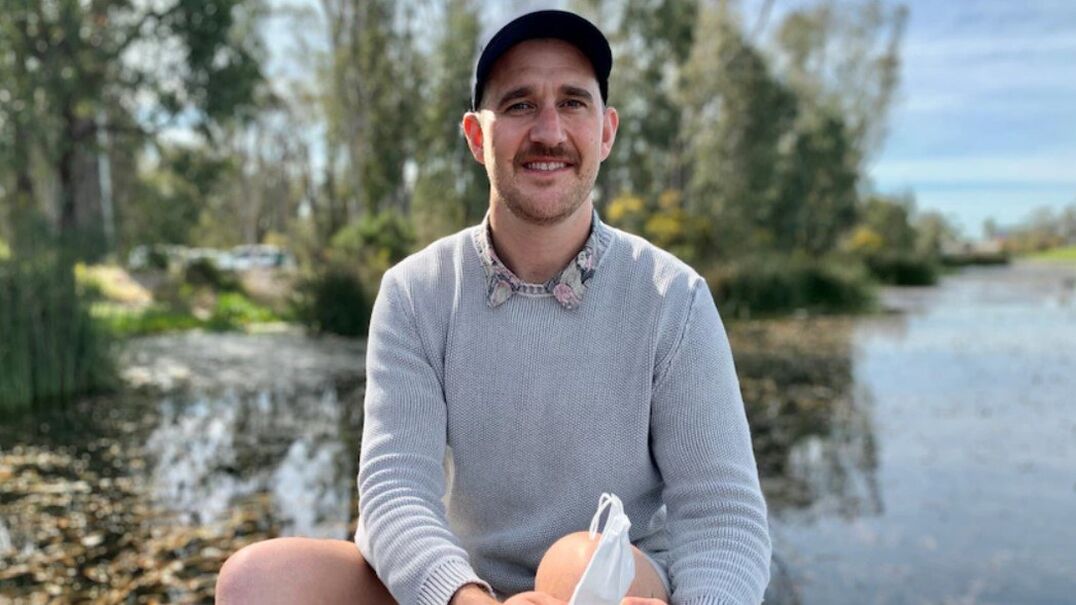Berry Street says the 2023-24 Victorian Budget will help ensure children who have experienced trauma, abuse, and neglect receive the therapeutic care they need to reset their lives.
“There are more than 12,000 children in Victoria currently living in out-of-home care – including around 450 in residential care on any given day,” said Berry Street CEO, Michael Perusco.
“We’re very pleased that the Government has increased the funding for therapeutic supports in residential care homes, which will help ensure more children who experience trauma are given the care they need and deserve.”
Berry Street provides services to children, young people and families impacted by abuse, violence and neglect across Victoria, including out-of-home care.
Berry Street has long called for changes to how residential care is funded, to deliver better outcomes for children who have experienced trauma.
It’s critical that we provide children who have experienced trauma not just with a safe home, but also with the therapeutic care and support services they need to address the mental health impacts they’ve experienced from abuse, neglect or adverse experiences.
Berry Street is concerned about the impact of the Government’s decision to reduce the indexation rate for the sector this year.
“Like all organisations and businesses, we are facing significant inflationary pressures. The Government’s decision not to provide appropriate indexation for funding is highly concerning, and may result in reduced staff, programs and support services,” said Mr Perusco.
Mr Perusco said Victoria’s child protection system continues to be under immense pressure – from increasing number of children entering the system, and more complex care being required, and Berry Street continues to call for more investment in early intervention programs.
“Sadly, there will always be a need for child protection services for children who have suffered abuse and neglect. But, for many families, targeted intervention at an early stage could help them stay safely together and prevent the need for a child to be removed.”
“We need to ensure we’re not only investing at the endpoint when a child has been removed from their family but in early intervention before a child enters the system at all,” said Mr Perusco.
“When governments invest, we see the numbers of children entering the system decrease. This in turn allows the system to better respond to those who do enter child protection, ensuring better outcomes for all children.”





